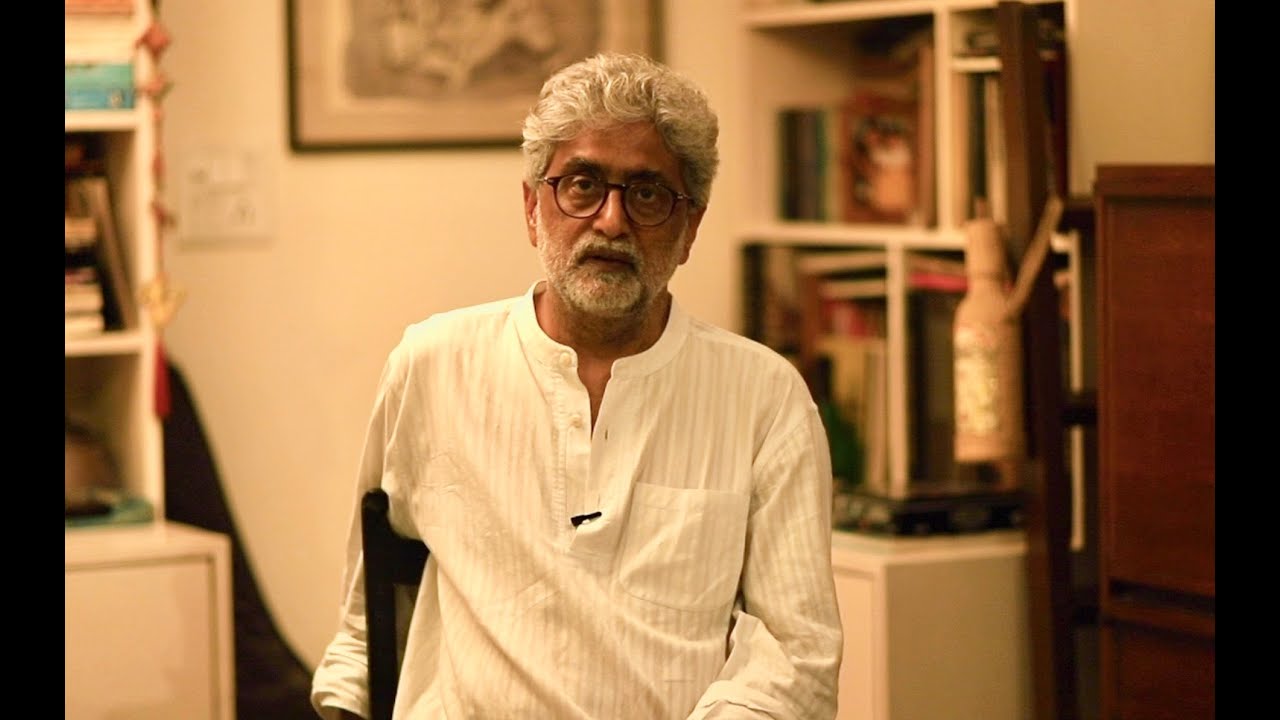
On March 26, the Supreme Court Bench of Justices UU Lalit, Indira Banerjee and KM Joseph reserved its order in the plea filed by human rights activist and Bhima Koregaon case accused Gautam Navlakha, for default bail after completion of the 90-day remand period, reported Bar & Bench. Senior Advocate Kapil Sibal appeared for Navlakha and Additional Solicitor General SV Raju represented the National Investigation Agency (NIA).
The plea filed by the senior journalist challenges the Bombay High Court order that denied him default bail as the time spent in unlawful custody cannot be included while calculating the 90 days period prescribed for grant of default bail under section 167(2) of the Criminal Procedure Code.
Over the course of today’s hearing, LiveLaw reported that the Bench observed that the first two days, the period of seeking transit remand for Navlakha from Delhi to Mumbai, will “definitely be accounted” to calculate the custody period. However, the court will decide as to whether the period of house arrest can be considered under Section 167 (2) of CrPC.
Section 167 of CrPC essentially provides that that whenever a person is arrested and detained in custody, the time for investigation relating to an offence punishable with death, imprisonment for life or imprisonment for a term of not less than 10 years, cannot ordinarily be beyond the period of 15 days, but is extendable, on the Magistrate being satisfied that adequate grounds exist for so doing, to a maximum period of 90 days.
The main issue in this matter is whether the 34 days period of Navlakha’s house arrest between August 29 to October 1, 2018, can be included in his detention period for the purpose of granting default bail under Section 167(2) of CrPC to fulfil the entire 90-day remand period.
According to LiveLaw, ASG Raju argued that the orders passed by the High Court keeping Navlakha under house arrest were not under CrPC but in exercise of writ jurisdiction and hence, the same cannot be included to compute the 90 days period. He also submitted that Gautam Navlakha was not available for interrogation during his house arrest.
But Sibal contended that nothing prevented the Police from interrogating the accused. He said, “In fact in this case they had all the time to investigate him. The order the Court is interpreting did not mean police from Pune cannot seek remand. It intended to mean others cannot meet him,” reported LiveLaw.
The Bench also asked Sibal that if supposedly the transit had come into effect and Navlakha was transferred from Delhi to Bombay and produced there, would this period of 2 days also be a part of 90 days under Section 167. To this, LiveLaw quoted Sibal saying, “Yes! Because he was in custody. There is no other procedure of law established under Section 167. My liberty is taken away. I am in custody. As a matter of law, it would have to be granted.”
Navlakha has been in custody since April 14, 2020 after the Supreme Court directed him to surrender before the NIA after rejecting his bail application. He has been booked under the stringent anti-terror law- Unlawful Activities (Prevention) Act for the Elgar Parishad violence in 2018.
The verdict is expected to be delivered after April 7, 2021.
Related:
Elgar Parishad case: Bombay HC rejects default bail to Gautam Navlakha
Default bail period to commence only from remand date: Bombay HC in Gautam Navlakha Bail case